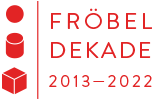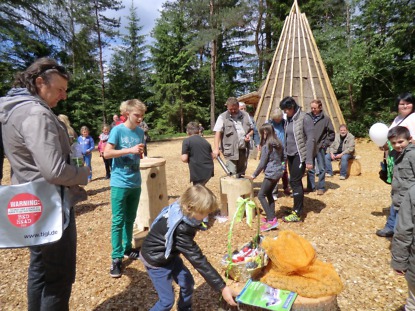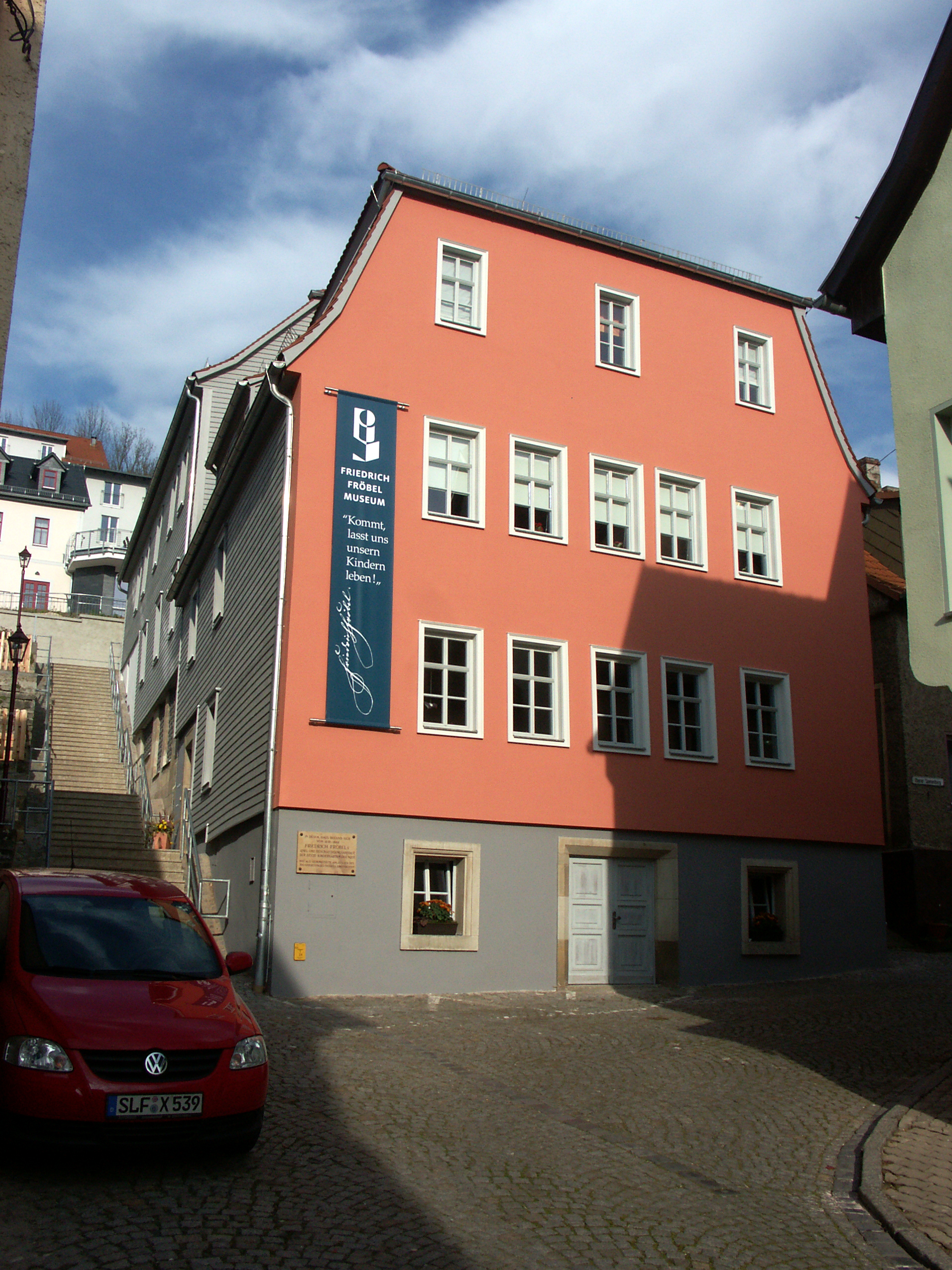Fröbel Today
As early as the 19th century, Friedrich Fröbel had created an integrated pedagogic concept. Today, with the increasing criticism of the present education system, as well as the demand for a return to natural and child-orientated learning, specialised literature is making increasing reference to Fröbel’s sustainable educational theory and its development.
Fröbel’s pedagogic achievements, which were revolutionary during his lifetime, led worldwide to wide-reaching changes to educational practice. Fröbel belongs to the classic thinkers of early childhood education and remains highly topical today. The entitlement of young children to education is based to a large part on Fröbel’s ideas. Latter concepts, such as Steiner or Montessori, are based in principle on Fröbel, leading to the recognition of play as the main form of expression for children and the inclusion of parents in early childhood education. The allowance for familiar, social and cultural conditions is today implicit for teachers.
There are now many kindergartens and schools in Germany and other countries that practice educational concepts named for Fröbel's philosophy. Here, children are taught with all senses following Fröbel’s techniques, and are accompanied in their games of self-development with emotional attention and linguistic support. In this way, children learn to trust in their own abilities, enjoy receiving responsibility in their social, natural and cultural environment, and are curious and motivated to learn. Under this process, play has proven to be the most effective tool for self-education and development, supported by the timeless “gifts” system of learning materials developed by Fröbel. That the quality of children’s facilities is significantly influenced through long units of play has been confirmed by recent international, long-term studies, for example, EPPE, REPLEY and STEELS.
A selection of Fröbel centres of education in Thuringia can be found here.
Literature:
- Textor, M. R. (2007): Forschungsergebnisse zur Effektivität frühkindlicher Bildung: EPPE, REPEY und SPEEL. In Internet (23.01.2015).




 Friedrich Fröbel Museum
Friedrich Fröbel Museum